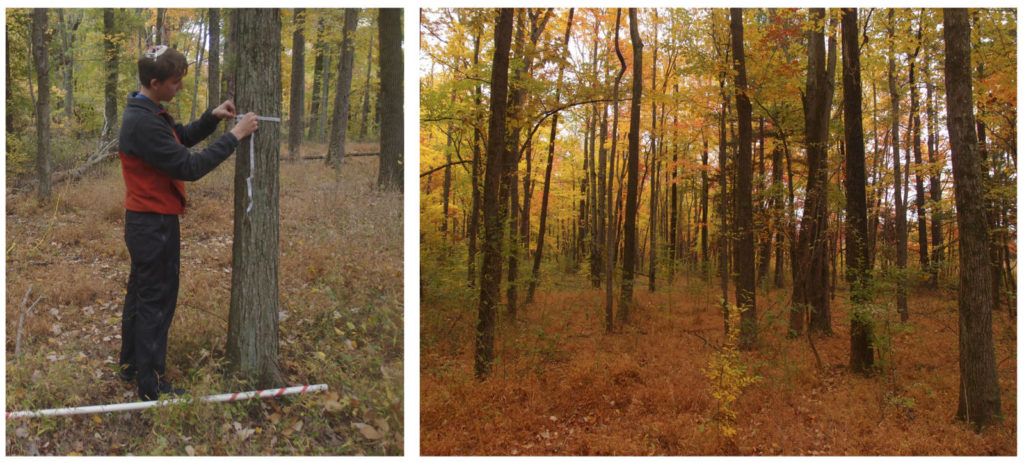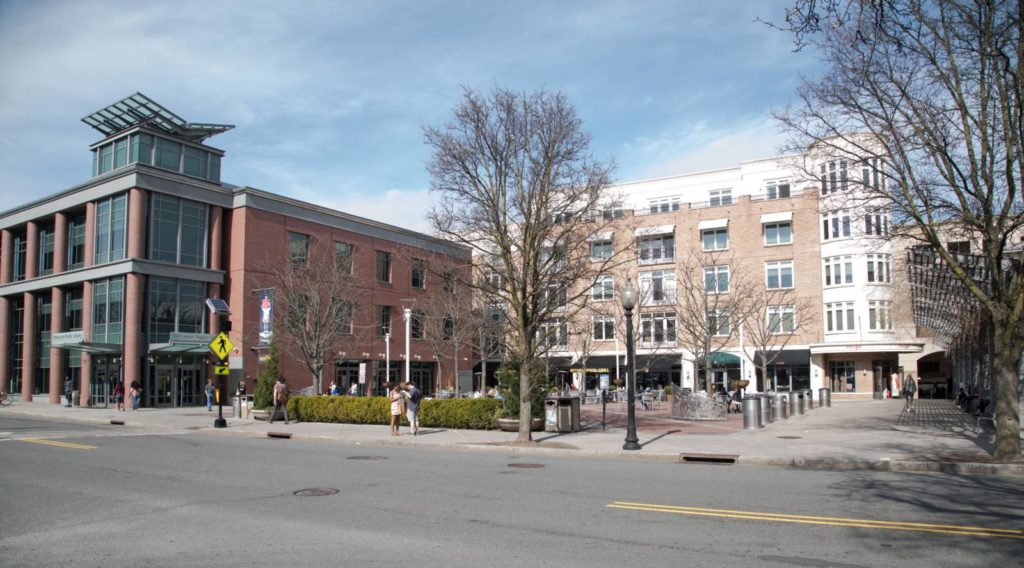At Princeton I often find myself overwhelmed by my workload, behind on assignments and readings, and struggling to prepare for exams. When work piles up, it is necessary to work as efficiently as possible to meet deadlines, but it can be really challenging to work productively when you are feeling overworked. Princeton’s heavy workloads are often a source of stress–here are a few strategies that help me when I am struggling:
Conducting good research requires many skills which we learn throughout our Princeton careers. Self care is one of the most important skills, but it is easy to overlook with so many other academic demands.
Go outside and exercise:
If you can’t concentrate on your work or feel low energy, taking a half hour break from working to go for a walk or a jog can help clear your head while also jump-starting your blood flow. Being outside gets me back in contact with the rest of the world and helps me escape coursework induced myopia. I like to go to Mountain Lakes nature preserve, which has a small network of hiking trails and a few picturesque ponds. The ponds are great for a (very) cold swim, and the forest has beautiful foliage in the fall.

Sleep more:
Getting enough sleep is crucial for emotional stability and dealing with stress. It is also essential for critical thinking, problem solving, and working efficiently. Despite these perks, sleep is often the first thing that I sacrifice when my workload piles up. Working through the night helps me finish assignments, catch up on readings, and cram material before exams. However, the benefits of sleep usually far outweigh the benefits of staying up. When the semester gets stressful, keeping a healthy sleep schedule is my primary goal and largest struggle.
Meditate for a few minutes:
I need to focus most when I have a lot of work to do, but that is precisely when I feel most stressed and it is hardest for me to concentrate. Recently, I have found it helpful to take a short break to meditate when I feel overwhelmed. I use the free Calm smartphone app to do focused breathing and mindfulness exercises, which help me clear my head and refocus. The app provides helpful guides for dealing with anxiety, stress, and sleep issues.

Work somewhere new:
I often like to work in the same place: the Geosciences ‘senior room’ on the second floor of Guyot Hall. Its large, well lit, and has a plethora of desk space and electric outlets. But when I find myself not focusing or feeling overwhelmed, it can be very helpful to change my workplace. Finding a new place to work even for a day can be refreshing, and it keeps studying from feeling bleak and monotonous. One of the places I like to go to when I’m stuck in a rut is the Princeton Public Library. It’s a bright and open off-campus space that is only a two minute walk from Firestone down Witherspoon Street. Bonus: Halo Pub ice cream is right across the street!
Seek help:
Juggling Princeton’s high demands is challenging, and if you are struggling to cope with stress on your own, there are many resources available. The McGraw Center offers workshops, tutoring, individual consultations, and other resources to help you stay on top of your workload. Counseling services offers support groups and individual counseling to assist students who are struggling emotionally or psychologically.
These strategies help me stay calm and focused when I am stressed and have a lot of work, and they might help you if you are feeling overwhelmed. Conducting good research requires many skills which we learn throughout our Princeton careers. Self care is one of the most important skills, but it is easy to overlook with so many other academic demands.
–Alec Getraer, Natural Sciences Correspondent

